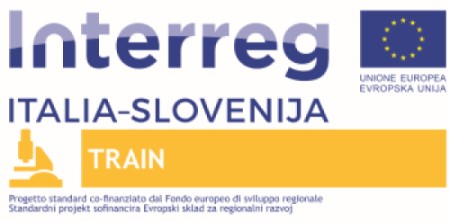Serena Zacchigna
International Centre for Genetic Engineering and Biotechnology, Italy

Biography: Serena Zacchigna received her MD at the University of Trieste (Italy) in 2000. After her PhD at the International School for Advanced Studies (ISAS), Italy, she moved to Peter Carmeliet Laboratory at VIB in Leuven (Belgium) as a Marie-Curie post-doctoral research fellow from 2006-2008 to work on the neurovascular link. In 2009 she returned to Trieste, where she first joined the Molecular Medicine Laboratory at the International Centre for Genetic Engineering and Biotechnology (ICGEB) and then established her own research group in 2015. At ICGEB she currently leads the Cardiovascular Biology Laboratory and acts as the Scientific Head of the Bioexperimentation Facility. She also represents the ICGEB at the UN Agency Committee for Bioethics, which serves as a key inter-agency mechanism for sharing information between intergovernmental organizations dealing with bioethical issues, with particular interest in the regulatory and ethical aspects governing the use of gene therapy, genome editing and cell therapy in the various countries.
Since 2016 she joined the Medical Department of the University of Trieste. Her work focuses on the cross-talk between the various cell types residing in the heart during development and disease. In particular, she is dissecting the molecular mechanisms mediating the communication between endothelial cells and cardiomyocytes, with the ultimate goal of promoting effective neo-vascularization following heart ischemia.
Searching for innovative biological drugs
Noncommunicable diseases (NCDs), also known as chronic diseases, tend to be of long duration and are the result of a combination of genetic, physiological, environmental and behavioral factors. The main types of NCDs are degenerative in nature and include cardiovascular diseases (like heart attacks and stroke), cancers, chronic respiratory diseases (such as chronic obstructive pulmonary disease and asthma) and diabetes. These four groups of diseases account for over 80% of all deaths worldwide. The complexity of these diseases limits the efficacy of traditional drugs and urges the development of innovative, biological therapies able to interfere with complex biological processes. Screening strategies, and in particular high throughout screening based on functional readouts, are emerging as precious tools to identify the most potent molecules in a specific biological context, paving the way to the development of innovative biotherapeutics for the treatment of chronic, degenerative, NCDs.
